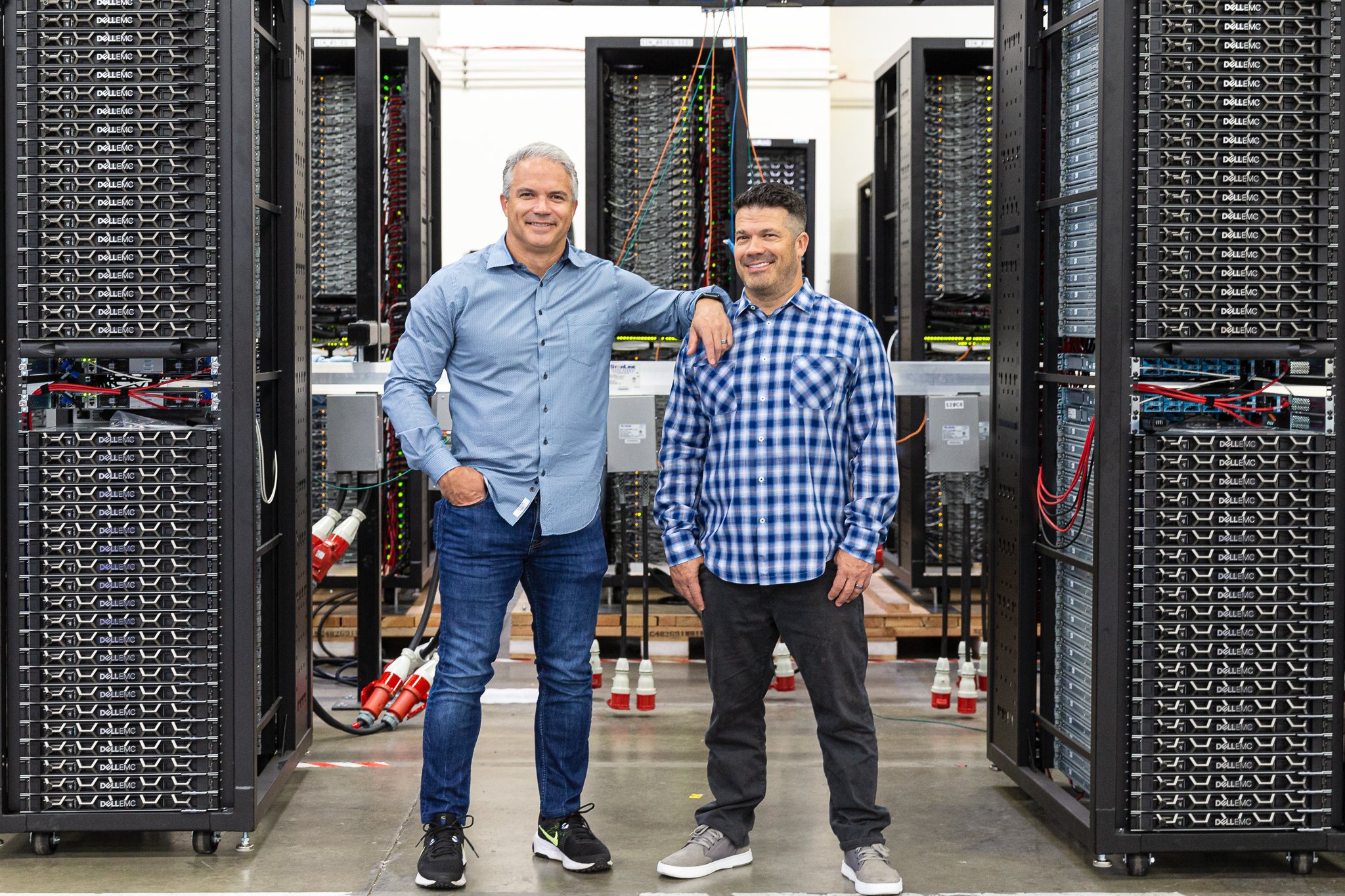Even before words like “quarantine” and “pandemic” became a part of our daily vernacular, companies were already felt growing pressure to deliver new products and services as quickly as possible in order to remain competitive.
On top of that, customers are increasingly savvy and informed, which means there is added pressure to ensure products are of the highest quality. One misstep—one bug or under-baked feature—could send a potential sale into the arms of competitors.
Now, with the sudden increase of remote work, each of these pressures are intensified. Collaboration, a foundation of enterprise application and software development, is more of a challenge than ever before. At the same time, remote work can easily lead to increased errors and unsatisfying results for customers.

Because of this, adopting DevOps practices is arguably more important than ever for enterprises looking to not just survive, but thrive, during these chaotic times. As DevOps.com has recently reported:
“With millions of people working from home for a seemingly indefinite period, enterprises across the globe are rallying to accelerate automation efforts in order to more efficiently deliver digital business applications to engage their employees from remote workplaces.”
This was backed up by another recent DevOps.com piece, this time focused on the growing implementation of CI/CD pipelines, which are one of the foundations of DevOps practices.
The power (and challenges) of DevOps
DevOps is designed to solidify coordination between development and IT teams in order to achieve a set of goals, including:
 Increased deployment frequency of new features, often from one to six months and up to several times a day
Increased deployment frequency of new features, often from one to six months and up to several times a day
 Greater lead time for changes, allowing changes to go from code committed, to code successfully running in production, in less than a day
Greater lead time for changes, allowing changes to go from code committed, to code successfully running in production, in less than a day
![]() Cutting time to restore service due to cross-functional teams being able to work in unison to track down root causes and implement fixes at a much faster pace
Cutting time to restore service due to cross-functional teams being able to work in unison to track down root causes and implement fixes at a much faster pace
 Reducing failure rates from as high as 60% down to 0-15%
Reducing failure rates from as high as 60% down to 0-15%
![]() Greater flexibility in infrastructure providers should more competitive options arise
Greater flexibility in infrastructure providers should more competitive options arise
Realizing these goals can translate into very real gains for an enterprise. It can also greatly improve business resiliency and continuity—particularly during, say, a global pandemic.
Unfortunately, whether it’s a resistance to change, a lack of skill sets, or both, many enterprises have, until now, been unable to adopt DevOps. But in an interesting wrinkle, the pandemic may actually help change that.
As this article from the Enterprisers Project points out, one of the cultural barriers that often inhibits DevOps adoption is already being addressed by the pandemic: cross-functional collaboration.
From the article:
These days, collaboration happens in scheduled meetings, video calls, and Slack channels. This reduces the risk of informal discussions derailing processes and helps to foster cross-functional teams aligned around the business need. Remote work removes traditional silos and creates more collaborative culture, which is the key to scaling DevOps.
Of course, cross-functional cooperation is just one piece of the DevOps adoption puzzle. But it’s also often the hardest one for enterprises to achieve, and with the need to be more agile and productive only increased by COVID-19, any step a business can take toward adopting DevOps is a positive one.
To learn more about DevOps and what it will mean for your enterprise, check out our exhaustive resource on the subject.
Ready to get started on your own journey to DevOps? Click here to contact one of our experts.














